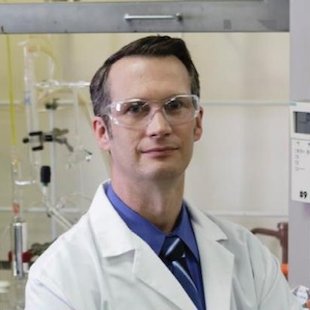 Courtesy of NATE ALLEN
Courtesy of NATE ALLEN
Comment sections and message boards epitomize the Internet at large: they can be chaotic, free-wheeling, and, sometimes, forums for meaningful exchange. One website is perhaps more dedicated than any other to harnessing content and commentary from its users.
Reddit styles itself as the “Front Page of the Internet.” The site is composed of “subreddits,” individual message boards dedicated to niche topics, including a handful of science-related discussions. In each subreddit, users vote on posts and comments to decide which appear at the top of the page. In theory, it is a democratic system for promoting the best content.
The largest of the science-centric subreddits is r/Science. In recent years, r/Science has become a reliable source for thoughtful, detailed discussions of scientific issues. Users post links ...





















